Denny Charlton
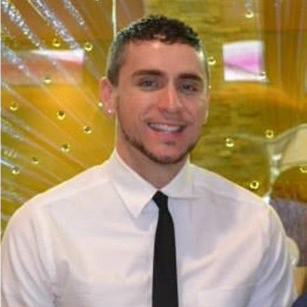

DENNY CHARLTON
Animal Keeper, Amazonia
Denny has been employed as an animal keeper at the Smithsonian National Zoo for over eight years and currently works with fish and amphibians in the Amazonia exhibit. He has specialized in the field of exotic animal husbandry for a total of 20 years and his experiences range from training chickens to caring for the critically endangered Sumatran rhinoceros. Denny has managed the Greater Kudu Species Survival Plan (SSP) and studbook program for six years and is an active member of both the Association of Zoos and Aquariums (AZA) and American Association of Zookeepers (AAZK).

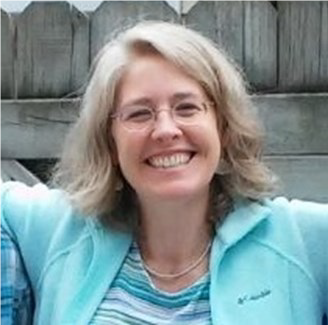
Kate recently joined the National Zoo after more than 15 years as a staff scientist in the Population Ecology and Genetics Lab at the Instituto Venezolano de Investigaciones Científicas (IVIC), in Caracas, Venezuela. She started at IVIC fresh out of graduate school at Cambridge and Princeton, and followed her time there with two years as an associate researcher at the Venezuelan conservation NGO Provita. Her PhD research focused on examining the effects of modern zoo population management on quantitative genetic variation in captivity and the wild, and her early work in Venezuela focused on helping zoos there develop an effective ex-situ conservation strategy for Andean bears, taking into account both wild and captive population pressures. In her new role as a National Zoo Secretary Scholar, Kate collaborates with colleagues across the Smithsonian and around the world to understand and manage the demographic and genetic challenges faced by NZP/SCBI’s huge diversity of ex situ populations, in order to ensure the integration and success of the Smithsonian’s in situ and ex situ conservation efforts.
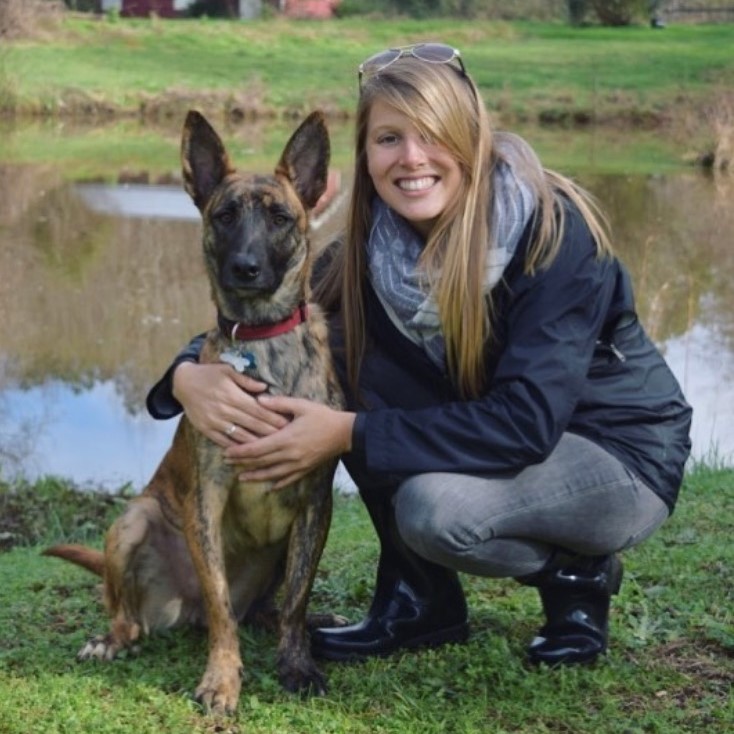
Dr. Lindsey Shields is a board-certified preventive medicine veterinarian with more than 7 years’ experience in veterinary public health, international outbreak response, and emerging infectious diseases. Currently serving as the Director of Training for the Smithsonian Conservation Biology Institute Global Health Program, Dr. Shields manages a wide range of capacity building programs both domestically and internationally and supports the Global Health Program’s work in emerging infectious disease research. Dr. Shields is especially passionate about understanding the dynamics between human and wildlife conflict, and how that can lead to disease spillover and emergence.
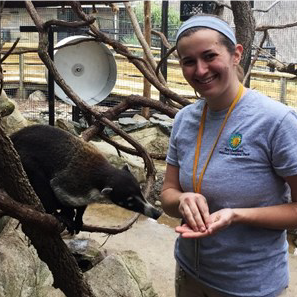
KARA INGRAHAM
Animal Keeper, Small Mammal House
Kara Ingraham graduated with a BS in Biodiversity and Conservation Biology from University of Maryland in 2013. She has been an animal keeper at the zoo’s Small Mammal House since 2014, where she cares for a variety of primates, rodents, and small carnivores including endangered Black Footed Ferrets. In summer 2017, she traveled to Wyoming to assist with nighttime population surveys of re-introduced wild ferret populations.

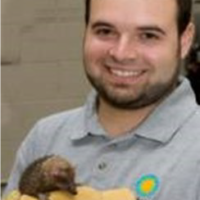
KENTON KERNS
Assistant Curator, Small Mammal House
Kenton Kerns started as a keeper at the National Zoo’s Small Mammal House in 2007 after receiving his undergraduate degree in Biology from American University and a master’s degree from George Mason University. He is a board member for Save the Golden Lion Tamarin, the US non-profit that supports the Brazilian organization that tracks and monitors wild monkeys while protecting their habitat. As Assistant Curator, he helps coordinate the day-to-day functions of unit, including Small Mammal House education opportunities, research projects, and animal health requirements.

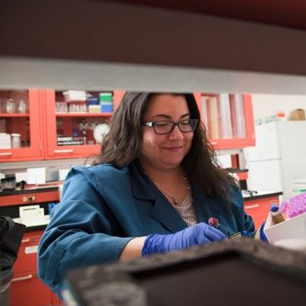
NATALIA A. PRADO-OVIEDO, PH.D.
Post-Doctoral Research Fellow
I was born in Medellin, Colombia and immigrated to the United States when I was 3 years old. I received my bachelor’s degree from New York University in 2004, my master’s degree from American University in 2010, and my Ph.D. from George Mason University in 2015. My doctoral dissertation, “Hyperprolactinemia and Ovarian Acyclicity in Captive African Elephants”, aimed to understand a health and reproductive disorder (chronically elevated prolactin concentrations) affecting a large proportion of female African elephants in North American Zoos. For my post-doc research, I am establishing personalized heath care approaches for elephants using genetic markers. These data are important because zoo elephants exhibit numerous conditions that could be modulated by genetic factors, such as infertility, reproductive tract pathologies (leiomyomas and cysts), foot and joint problems, arthritis and susceptibility to a number of clinical diseases, such as elephant endothelial herpes virus (EEHV) and tuberculosis.

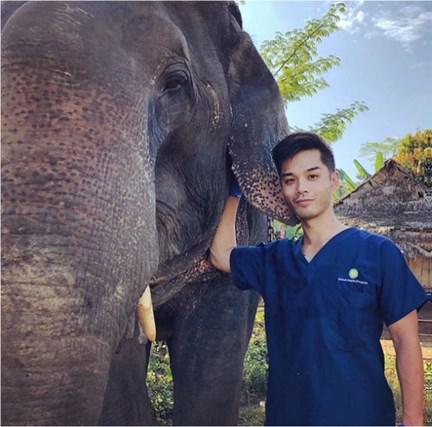
Dr. Marc Valitutto is a Wildlife Veterinary Medical Officer for the Global Health Program, where he focuses on coordinating and implementing wildlife health studies and training in Asia. Dr. Valitutto’s research focuses on One Health related topics, specifically evaluating the transmission of zoonotic diseases from wildlife to humans in Myanmar. Since 2016, he has been evaluating the health status of pangolins in the wild, a rapidly declining population as a direct result of poaching and a high regional demand for their products. Dr. Valitutto received his Doctorate of Veterinary Medicine at the University of Pennsylvania, and completed a four-year residency in zoological medicine and surgery at the Wildlife Conservation Society and Cornell University.
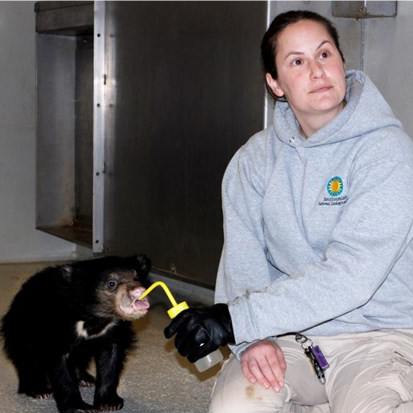
STACEY TABELLARIO
Animal Keeper, Asia Trail-Giant Pandas
Stacey Tabellario began her career as a wildlife filmmaker working for the Discovery Channel, the Jane Goodall Institute, and the Smithsonian Institution. She had the opportunity to track and observe many animals in their natural habitats as well as meet the people whose daily lives are affected by our choices in conservation. Eventually she realized that she felt most fulfilled on the days she worked closest with the animals, so she packed up the camera and used what she had learned from years of observing animals and working with world renowned scientists to become an animal keeper. She is currently an animal keeper at the Smithsonian’s National Zoo in Washington DC. Stacey’s particular interests include enrichment and training as well as adding choice and control back into the lives of animals in human care. Stacey has attended and presented at a number of training seminars, conferences and workshops around the country and enjoys sharing her broad range of knowledge, ideas and passions with colleagues and zoo visitors of all ages.

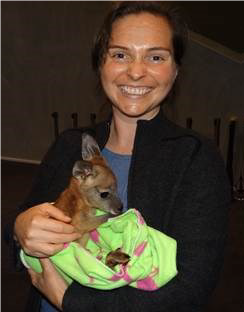
Krista is both an ecologist and a veterinarian who works on a variety of health and conservation issues in threatened and endangered wildlife. She is passionate about understanding how disturbances (like habitat loss) impact movement, behavior, and disease in wildlife. She has lived and worked with wildlife on six continents, but her current position with the Smithsonian’s Global Health Program focuses on programs in Kenya.

Brian grew up with an unhealthy love of film, working summers at Blockbuster Video and taking film classes at The Potomac School and Connecticut College. He graduated with a BA in Film Studies from Connecticut College and jumped into the world of documentary television post-production shortly thereafter. After making the rounds as a freelancer editing shows for History, Discovery, Travel Channel, PBS, and others, he joined the National Geographic Pristine Seas team as an editor and producer, where he has worked for the past two years writing and editing documentary films and shorts about ocean conservation.